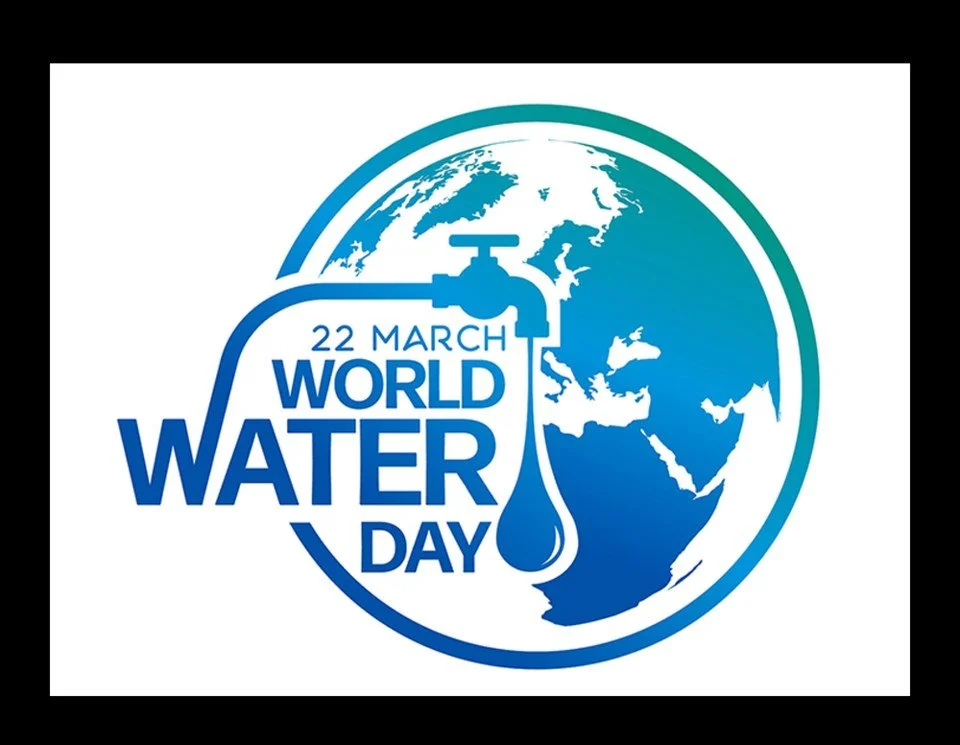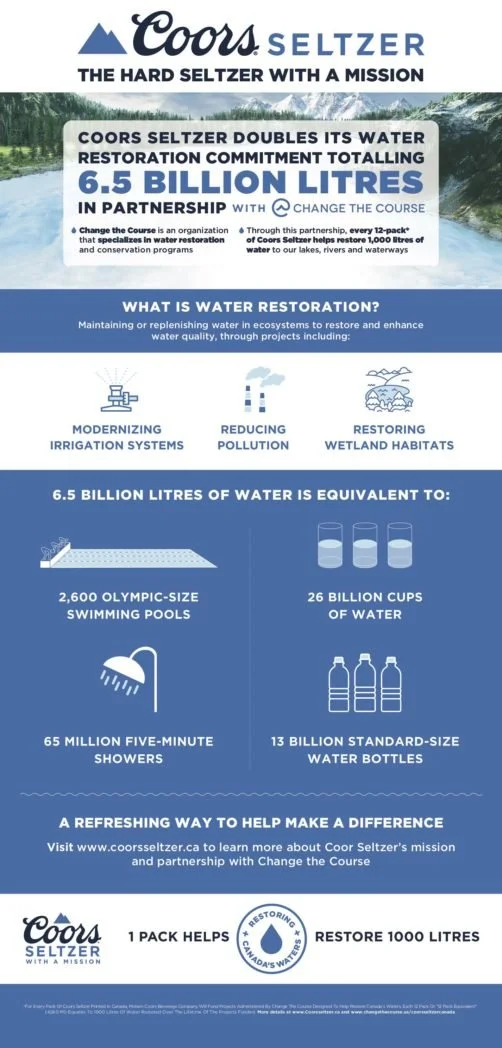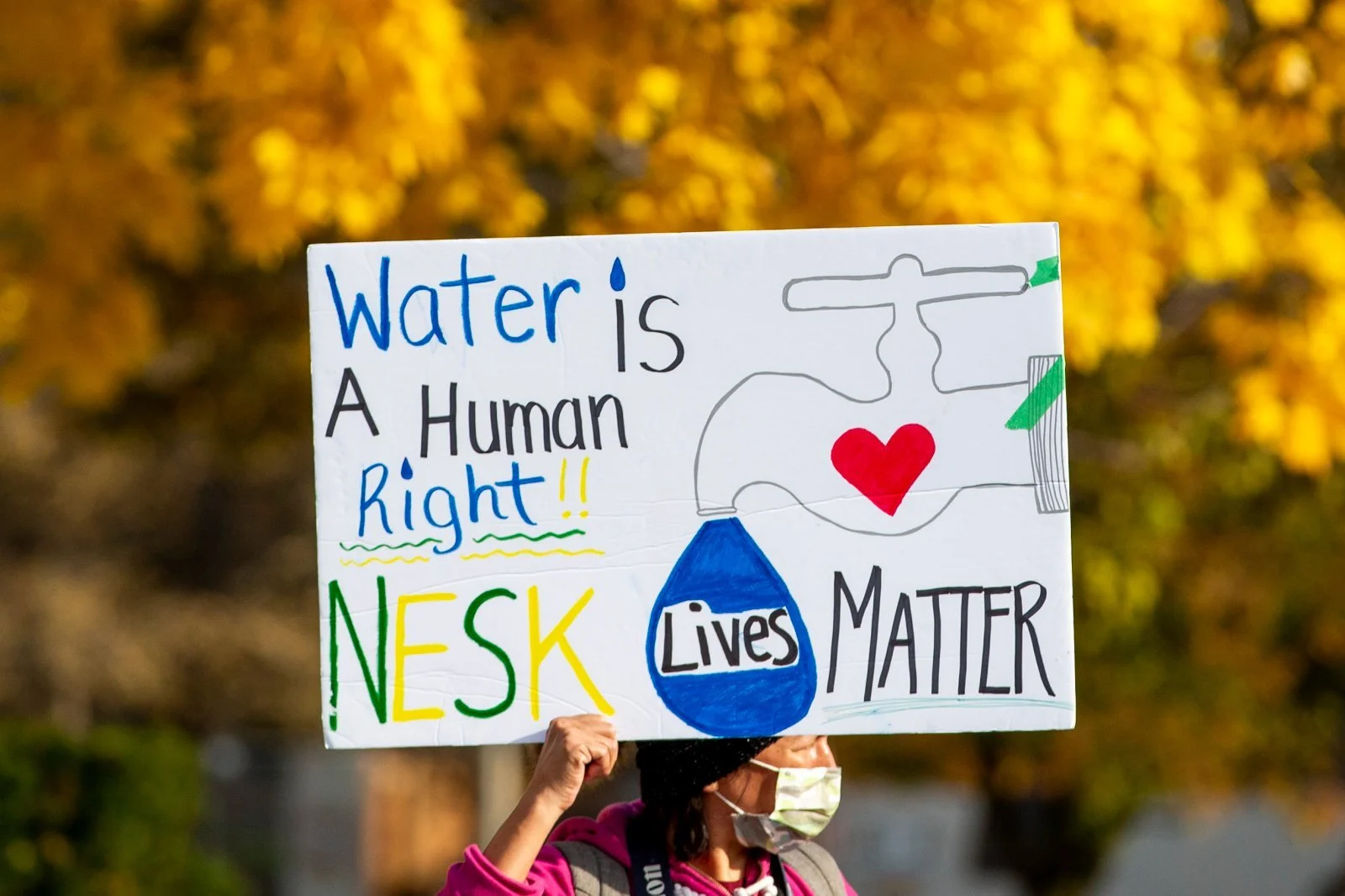Two Cape Breton community organizations and people with wells provincewide will benefit from new provincial funding that supports energy efficiency and groundwater research. Environment and Climate Change Minister Timothy Halman announced $1.3 million for three projects today, July 6, in Sydney: energy efficiency upgrades for the New Dawn Centre for Social Innovation in Sydney, heat pumps and removal of oil heating for Cape Breton Community Housing Association homes, and research in Cape Breton Regional Municipality and other communities on the impact of climate change on groundwater.
Okotoks businesses eligible to receive thousands in water grants
The Town of Okotoks’ Water Smart Business Grant program is back for its second year and gives the business sector a chance to apply for thousands of dollars in grant money for implementing projects that conserve water. Businesses and institutions can apply to receive funding of up to $10,000 for each eligible project. “It’s a win-win situation — the Town is supporting local businesses through covering the investment costs, while businesses will ultimately see savings on their utility bills from the water they save in the long-term,” said Mayor Tanya Thorn. “This grant provides a substantial incentive and plenty of flexibility that makes it worthwhile applying for.”
Canada and British Columbia invest over $20 million in infrastructure projects across the province to build more resilient, greener communities
Today, the Honourable Harjit S. Sajjan, Minister of International Development and Minister responsible for the Pacific Economic Development Agency of Canada, on behalf of the Honourable Dominic LeBlanc, Minister of Intergovernmental Affairs, Infrastructure and Communities, and the Honourable Nathan Cullen, MLA for Stikine and B.C. Minister of Municipal Affairs, announced more than $20 million in joint federal-provincial funding for eight social, transportation, and green infrastructure projects across British Columbia.
Canada and British Columbia invest $29.5 million in 11 projects to make B.C. communities more resilient to natural disasters
Today, the Honourable Dominic LeBlanc, Minister of Intergovernmental Affairs, Infrastructure and Communities, and the Honourable Mike Farnworth, British Columbia’s Minister of Public Safety and Solicitor General, announced more than $29.5 million in joint funding to reduce and mitigate the risk of floods and slide events in 11 communities across B.C. These projects are in addition to 18 other disaster mitigation-related projects that were announced last summer.
Canada, New Brunswick and Fredericton invest in essential water and wastewater infrastructure
Fredericton, New Brunswick, June 28, 2022 - Today, Jenica Atwin, Member of Parliament for Fredericton, on behalf of the Honourable Dominic LeBlanc, Minister of Intergovernmental Affairs, Infrastructure and Communities; the Honourable Jill Green, Minister of Transportation and Infrastructure; and Her Worship Kate Rogers, Mayor of Fredericton, announced funding for two projects focused on rehabilitating water, wastewater and stormwater infrastructure within Fredericton.
Saskatoon has a lot to celebrate during Canada Water Week
The City of Saskatoon is joining the country in celebrating Canada Water Week which runs for the week of March 21 to 27. Canada Water Week is a national celebration of water that is held annually to coincide with World Water Day on March 22. “Saskatoon has a lot to celebrate and be proud of when it comes to our water. Not only does our city have one of the highest quality water supplies in North America, but right now we have several projects in motion to ensure we continue to deliver a high quality and safe drinking water product,” said Saskatoon Water Interim Director Pam Hamoline.
Coors Seltzer: Restoring a total of 6.5 billion litres of Canada’s waters in 2022
What do the highly popular and Instagrammable sights of The Cowichan River, Garibaldi, and Joffre Lakes have in common? Water! 20% of the world’s freshwater flows in Canadians lakes and rivers, and Coors Seltzer is the hard seltzer on a mission to protect it! Last year, Coors Seltzer funded several projects across Canada, including the Hanceville fire reforestation project. Now in its second year on shelves, Coors Seltzer will more than double its 2021 water restoration goals.
Governments sign new agreement to protect Lake Winnipeg
The federal and Manitoba governments inked a new 10-year agreement on Thursday committing to work together in support of the ecosystem health and water quality of Lake Winnipeg. The memorandum of understanding between the two governments aims to find ways to collaborate on solutions to the various challenges facing Canada's sixth-largest freshwater basin, including ways of cutting down on nutrient loading that contributes to toxic blue-green algal blooms most summers. The federal government also announced $519,000 in funding for 10 projects through Environment and Climate Change Canada's Lake Winnipeg Basin Program.
How colonial systems have left some First Nations without drinking water
Rebecca Zagozewski, executive director of the Saskatchewan First Nations Water Association, said she has seen contractors save on costs when building water treatment plants on reserves by using obsolete parts and failing to include maintenance manuals, ventilation or chemical rooms, and bathrooms. “Engineering companies will put in their bids obviously as low as they can go,” said Zagozewski.
Boil water advisory lifted on Black Lake Denesuline First Nation after more than 7 years
A boil water advisory on the Black Lake Denesuline First Nation that has been in place for more than seven years has been lifted, according to the Government of Canada. The long-term drinking water advisory (LT-DWA) was lifted on January 23. Nearly 200 homes and buildings in the northern First Nation such as the school, fire hall and band office now have clean drinking water from the local water treatment plant.
'An abomination': Sask. water expert warns of contamination following Alberta's coal policy changes
Alberta's plan to allow for open-pit coal mining in the Rocky Mountains could be a serious threat to Saskatchewan's water supply, says the director of the Global Water Futures Project at the University of Saskatchewan. "For a water scientist to see this happening, it's just an abomination to have these types of developments suggested in the headwaters of the rivers that supply drinking water and the economy for most of Saskatchewan," John Pomeroy told CBC's Blue Sky. Last spring, the Alberta government revoked a 1976 policy that blocked open-pit coal mining on the eastern slopes and peaks of the Rockies.
‘Water is life’ teaches new Syilx children’s book series
A new children’s book series by a Syilx and Nlaka’pamux author is teaching kids about the importance of water as a living entity and how to protect it. “It was significant and important for me to write this series because water is life. I wanted to create awareness of water practices and policies, to ensure that it’s protected,” says author Harron Hall. The four-book series, titled Follow the Water, will launch on Feb. 5, and marks Harron’s publishing debut.
Governments fund seven Newfoundland water projects
The federal government and the Government of Newfoundland and Labrador have announced $5.4 million in joint funding for seven water and wastewater projects in communities on the Avalon Peninsula in Newfoundland and Labrador. In Holyrood, new funding will support the installation of a 500,000-gallon water storage tank as well as a new control system and watermains, stated a Jan. 14 release. There will also be watermain and related infrastructure improvements for the towns of Branch, Colliers, Ferryland, Harbour Main-Chapel’s Cove-Lakeview, and St. Mary’s. There will be storm and sewer pipe installation in Ferryland, as well as road upgrades where project work is being completed. As well, the town of Placentia will be served by a lift station and new sewage treatment unit.
NP View: That many First Nations still don’t have access to potable water is a stain on our national character
It is to our national shame that many First Nations communities still don’t have access to potable water. That we have known about the problem for decades and failed to address it is a stain on our national character — one that Justin Trudeau and his Liberals made a lot of hay about addressing during the 2015 election campaign. “A Canadian government led by me will address this as a top priority because it’s not right in a country like Canada. This has gone on for far too long,” Trudeau said at the time, pledging to end all boil-water advisories on reserves within five years.
Indigenous Services minister to acknowledge Liberals won't meet promised drinking water target
The Trudeau government has helped lift 97 long-term drinking water advisories in First Nations since 2015, according to Indigenous Services Canada. Currently, 59 advisories are still in place in 41 communities. Since forming government, the Liberals have spent more than $1.65 billion of the $2.19 billion they set aside to build and repair water and wastewater infrastructure, and to manage and maintain existing systems on reserves. The $1.5 billion proposed in Monday's fiscal update is in addition to that $2.19 billion.
Torry: Time to fix water infrastructure in Indigenous communities
In response to the COVID-19 pandemic, the federal and provincial governments across Canada are looking for ways to manage any economic hardship. Part of their assorted strategies has been to build new, or repair, existing infrastructure. The federal government now has an opportunity to stimulate the economy, while correcting a heinous historical injustice. It’s time to build the required infrastructure to provide all Indigenous communities in Canada with clean drinking water and reliable sewer systems.

















